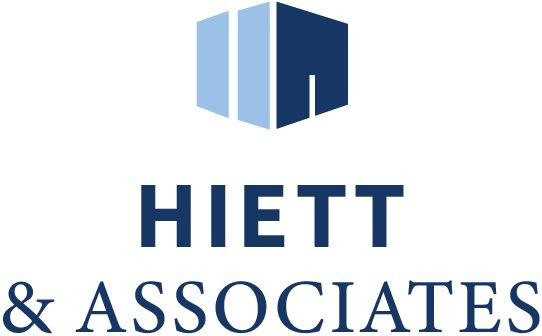
So you have a property and are looking to turn it into a money-making machine. Real estate can be a lucrative endeavor, but it’s not always clear-cut. It involves intelligent decision-making. Learning about the market and your property potential can improve your experience as a property manager. The best decisions are made with the help of solid data and experienced analysis and well-informed projections and conclusions.
So why is getting a cash flow and market analysis valuable to your property rental endeavors? We explore this question.
What is a Market Analysis and Why Is it Important for Property Rentals?
Data is indispensable in the real estate industry. No property exists in a vacuum. Instead, every property is subject to relative terms as it relates to surrounding properties, similar properties, the region, neighborhood, projected economic factors, and so on. At its most basic definition, a comparative market analysis is a data-based estimate of a home’s value based on recent properties sold in the area. A Comprehensive Market Analysis (CMA) collects important data points that are then analyzed by a real estate professional.
Real estate professionals work with marketing analysis as a way to understand patterns, shifts, and significant trends in nearby markets. The CMA report then helps sellers or property owners looking to rent their properties, come up with the ‘best price.’
The best price is, of course, relative and it’s not so low that it loses money and not so high that it throws itself out of the competition. The goal is to find the right balance to remain competitive and get the most out of your property.
What does a CMA report look at?
A CMA is comprehensive data that gives real estate brokers ‘the big picture’ that matters in relation to your property. Here’s what it looks like:
- Compares properties in the area that are similar in size and features
- Compares properties in the area that are similar in location
- The report includes information of at least 5 comparables
- The sales price (or rental price) of each comparable property
- Dollar adjustments for any differences
Because real estate prices fluctuate wildly, it’s important to receive a current and up-to-date analysis when looking at selling or renting out a property. The more accurate the data you get, the more useful it will be to make important decisions.
How to Estimate Cash Flow and Why It’s Important?
Similar to a market analysis (CRM) report, measuring cash flow provides essential information for decision-making regarding your property. Cash flow refers to a description of the way that money flows through a rental property.
Cash flow can refer to rent or other money collected from a rental property. The accurate number is calculated by taking normal operating expenses and debt service and getting a cash amount that is then subject to taxation.
The general formula considers:
- Gross rental income: This is the total rent collected over a year.
- Additional income: This can include additional rent for pets, appliances, and applications.
- Vacancy rates: This includes tenant turnover rates.
Another part of cash flow projections includes forecasting operating expenses that are necessary for maintaining and operating a rental property. These expenses include:
- Property taxes
- Insurance costs
- Maintenance costs
- Property management-related expenses
- Leasing fees
Using the above information, a cash flow analysis is done by subtracting your gross income from gross operating expenses. This yields an amount called net operating income. Taking these numbers and making precise calculations are a good way to understand potential earnings, better survey the market, and make better decisions regarding investment properties, buying, selling, and renting.
Costs of Managing a Rental Property
Owning a rental property can provide a steady flow of income, but it’s not always clear-cut when unexpected expenses add up. Common rental property expenses that should be considered when calculating cash flow include:
- Leasing fees
- Tenant turnover
- Repairs
- Landscaping
- Utilities
- Appliance replacement
- Property insurance
- Advertising
- Necessary maintenance
If you are a real estate investor, the goal should be to maintain a healthy amount of liquid cash at the bottom of your cash flow. The numbers, however, can get a little complicated when adjusting net cash flow, considering deductions for depreciation, and other IRS-related technicalities. Your real estate broker can help you create solid numbers to better understand the financial situation around you.
Get Expertise and Trust from an Experienced Property Manager
If you are a real estate investor or property owner thinking about selling or renting in the El Paso area, talk to a trusted property management company that can help you look at the big picture. Through market analysis, cash flow analysis, and a profound understanding of the local markets, our team guides you through your property investing endeavors.
Want to learn more about what we do? Call us today.





